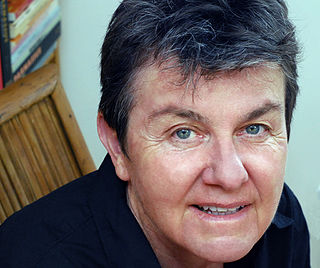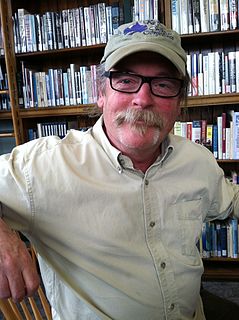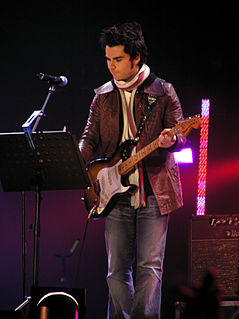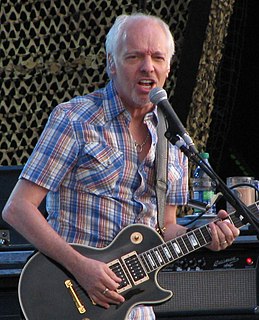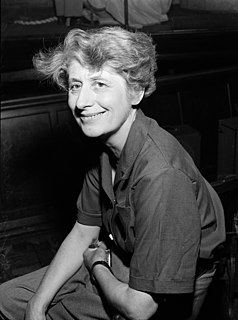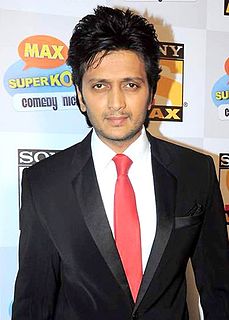Цитата Мадлен Л'Энгль
Поэзия, по крайней мере та, которую пишу я, пишется по надобности; это написано из боли, радости и опыта, слишком великого, чтобы вынести его, пока он не будет упорядочен в слова. А потом пишется, чтобы поделились.
Связанные цитаты
Я не думаю, что написана какая-либо поэзия, которая не написана в первую очередь для себя, в некотором роде... Я всегда разговариваю сама с собой. Но я, кажется, хочу, чтобы кто-то другой послушал это. Мне нужна, мне нужна аудитория. Так что это странная вещь. Это очень приватный разговор, который затем вы делаете публичным, вроде того, как морская звезда выворачивает свой желудок.
Мечтательность, которую мы собираемся изучать, — это поэтическая мечтательность. Это мечта, которую поэзия направляет на правильный путь, на путь, по которому следует расширяющееся сознание. Эта мечта написана или, по крайней мере, обещает быть написана. Оно уже обращено к великой вселенной чистого листа. Затем образы начинают складываться и становиться на свои места.
Каждая песня, которую я написал, о том, через что я прошел, хорошо это или плохо. Это как бы выходит из меня, и я благодарен за это. У меня есть друзья, которые остались дома, у которых нет возможности выразить это, и они как бы находятся в другом жизненном положении. Меня тревожит то, что я написал что-то на полу в своей спальне, когда мне было 19 или около того, а потом 50 000 человек знают слова, и у них такое же чувство. Если бы вы слишком много думали об этом, ваша голова взорвалась бы.
Я никогда не чувствовал себя беспечным инженю с самого начала. И части пишутся лучше, когда ты старше. Когда вы молоды, вы написаны быть инженю, и вы написаны, чтобы быть качеством. Вы на самом деле не написаны, чтобы быть человеком, вы написаны для вашей молодости, чтобы вдохновлять кого-то другого, обычно мужчину. Так что я нахожу это гораздо более освобождающим.
Мои дневники писались в первую очередь, как мне кажется, не для того, чтобы сохранить опыт, а для того, чтобы смаковать его, сделать его еще более реальным, более зримым и ощутимым, чем в реальной жизни. Ибо в нашей семье опыт не был завершен, не был по-настоящему пережит, если только он не был записан или передан другому человеку.
Что ж, я ненавижу, когда авторы приходят в школу и говорят детям: «Пиши от души, пиши только то, что знаешь, и пиши от души». Я ненавижу это, потому что это бесполезно. Я написал более 300 книг, ни одна из которых не была написана от всего сердца. Не один. Все они были написаны для публики, все они были написаны, чтобы развлечь определенную аудиторию.
Я не уверен, что, раз уж поэт узнал, что уже написано и как написано, — короче говоря, научился своему ремеслу, — ему вообще стоит заниматься литературой. Поэзия — это не хирургия, это не техника, которую можно скопировать. Каждая операция, которую выполняет поэт, уникальна, и ее никогда не нужно повторять.

